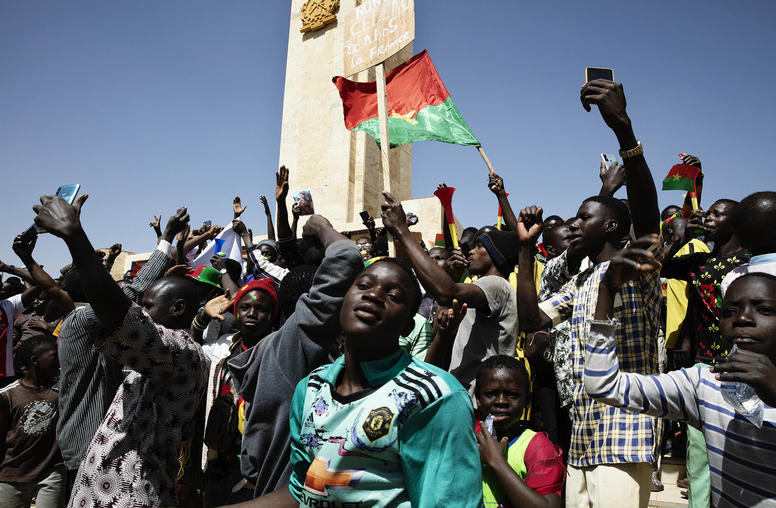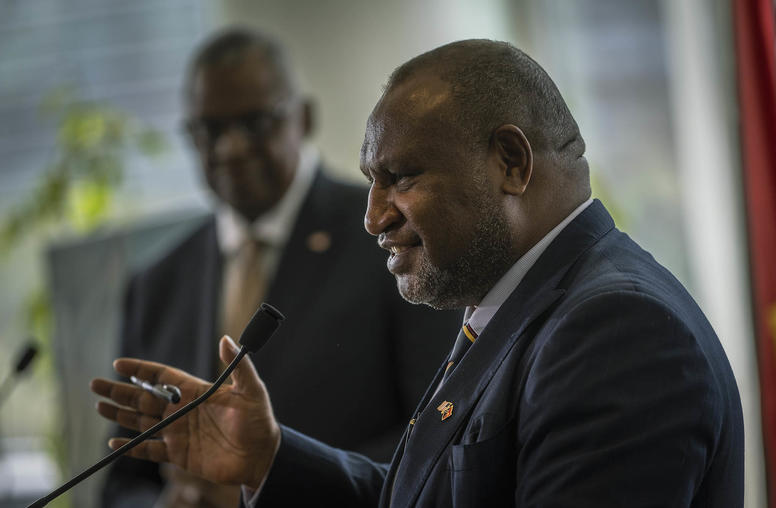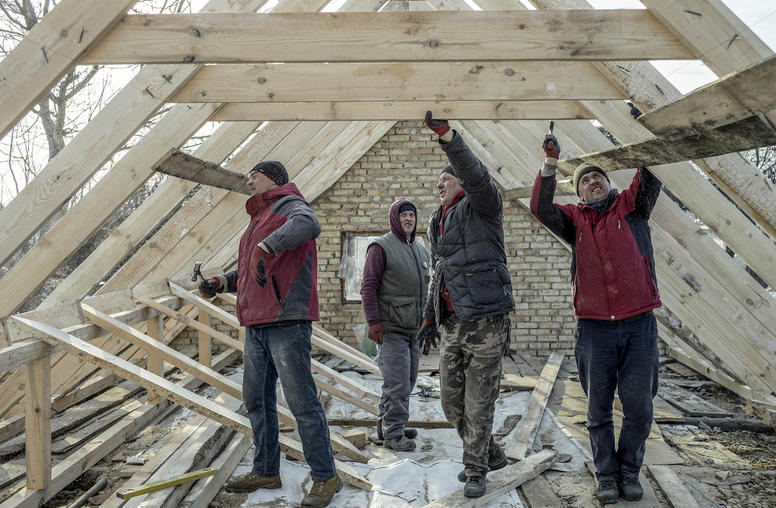The Unity of Peace, Justice and Inclusion (Webcast)
How Sustainable Development Goal 16 Can Advance Peacebuilding
At the U.N.’s Millennium Summit in 2000, world leaders pledged to spare no effort in pursuing human security, human rights and human development. While the subsequent Millennium Development Goals presented an important 15-year international agenda, they lacked peace, justice and inclusion in their vision. This gap was filled in 2015, when world leaders put this trio of excluded goals at the heart of the U.N.’s new 2030 Agenda. Sustainable Development Goal 16 (SDG 16), in particular, represents a historic opportunity to make peace, human rights, democratic governance and the rule of law an integral part of human development. For conflict-affected countries, SDG 16 provides a foundation for transitioning from fragility to resilience.
In fragile states the social compact between the government and its citizens has broken down. SDG 16 has been a catalyst for new efforts toward building peaceful, just and inclusive societies and it makes clear that an effective social compact must be based on conflict resolution; fundamental freedoms; and transparent, accountable and participatory institutions of governance.
Despite steps forward, progress on SDG 16 has been uneven since the SDGs were launched in 2015. To regain momentum, this generation's youth leaders and peacebuilders will need to determine how to make SDG 16 a reality for their communities.
You can hear from some of these youth leaders through USIP’s event from Dharamsala, India, where Generation Change Fellows examined what peace, justice and inclusion look like in their everyday lives and what they hope SDG 16 can do for their countries. The event featured youth leaders and peacebuilding experts from around the world discussing the importance of SDG 16, its impact on their communities, as well as what needs to be done to make further progress.
The Generation Change Exchange with His Holiness the Dalai Lama is made possible in part by support from GHR Foundation, which shares USIP's belief in the critical importance of engaging youth as leaders.
Speakers
Dalia Fernanda Márquez Añez
Generation Change Fellow, Venezuela
Rawan Khalfalla
Generation Change Fellow, Libya
Steve Killelea
Founder and Executive Chairman, Institute for Economics and Peace
Victor Ochen
Founder and Executive Director, African Youth Initiative Network
David W. Yang, moderator
Vice President, Applied Conflict Transformation, U.S. Institute of Peace



